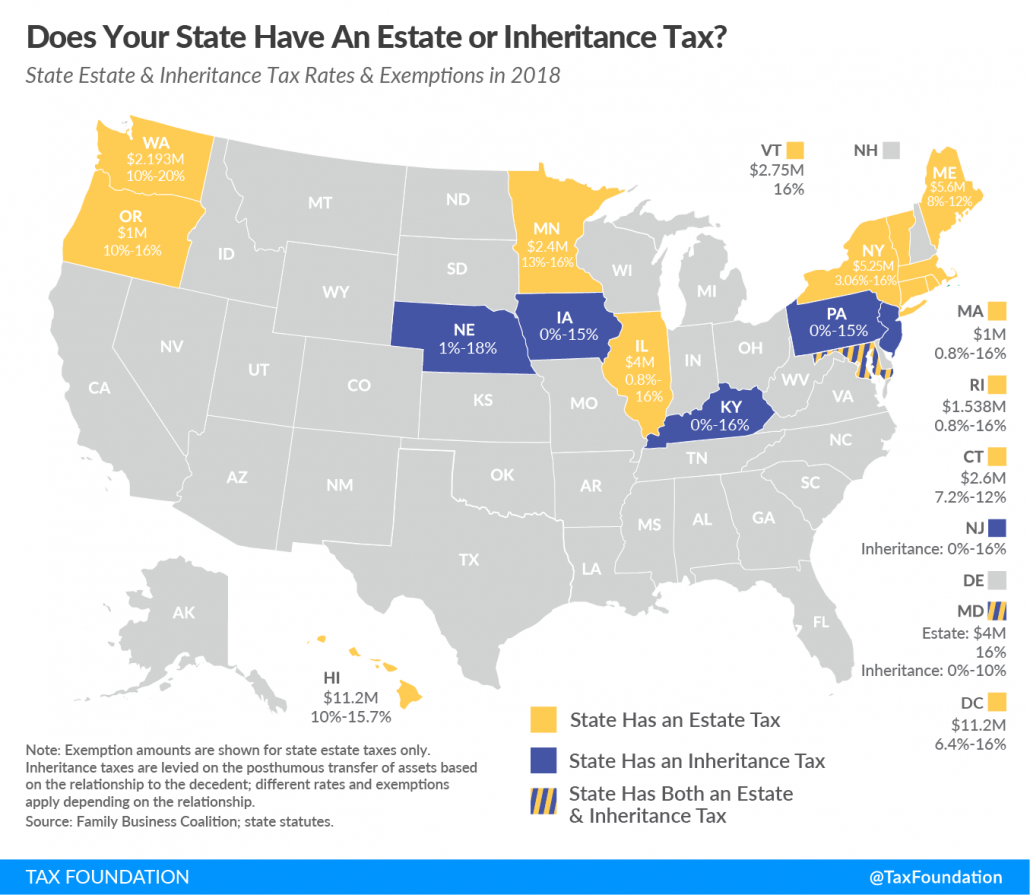When you hear the word “trust” it’s usually in the context of a belief of reliability of someone, such as: “I trust her to read about the past legal word of the day, quid pro quo.” Trust in the world of estate planning is entirely different, although you can certainly put trust in a well-crafted trust to maximize the benefits of an estate plan!
What is a Trust?
In simplest terms, a trust is a legal agreement between three parties: grantor, trustee, and beneficiary. This allows a third party (the trustee) to hold assets for a beneficiary (or beneficiaries). Trusts can be set up in a variety of ways and specify the details of when and how the assets will pass to the beneficiary. Trusts are a part of a well-crafted estate plan and can be used to minimize fees, costs, and taxes.
Let’s break it down further by looking at each of the three parties to a trust.
Grantor
All trusts have a grantor, sometimes called the “settler” or “trustor.” The grantor creates the trust, and also has legal authority to transfer property to the trust.
Trustee
The trustee can be any person or entity that can take title to property on behalf of a beneficiary. The trustee is responsible for managing the property according to the rules outlined in the trust document, and must do so in the best interests of the beneficiary.
Beneficiary
The beneficiary is the person or entity benefiting from the trust. The beneficiary can be one person/entity or multiple parties (true also of grantor and trustee). Multiple trust beneficiaries do not have to have the same interests in the trust property. Also, trust beneficiaries do not have to even exist at the time the trust is created (such as a future grandchild, or charitable foundation that has been set up yet).
Trust Property
A trust can be either funded or unfunded. By funded, we mean that property has been placed “inside” the trust. This property is sometimes called the “principal” or the “corpus.”
Any Asset
Any asset can be held by a trust. Trust property can be real estate, intangible property, business interests, and personal property. Some common examples of trust property include farms, buildings, vacation homes, money, stocks, bonds, collections, personal possessions, vehicles, and so on.
“Imaginary Container”
We speak of putting assets “in” a trust, but assets don’t actually change location. Think of a trust as an “imaginary container.” It’s not a geographical place that protects your car, for example, but a form of ownership that holds it for your benefit. For instance, on your car title the owner blank would simply read “the Jane Smith Trust.” It’s common to put real estate (such as farms, homes, vacation homes) and entire accounts (like bank, credit union, and brokerage accounts) into a trust.
After the trust is funded, the trust property will still be in the same place before the trust was created—your land where it always was, your car in the garage, your money in the bank, your stamp collection in the study, and so on. The only difference is the property will have a different owner: “The Jane Smith Trust,” not Jane Smith.
Transfer of Ownership
Putting property in a trust transfers it from personal ownership to the trustee, who holds the property for the beneficiary. The trustee has legal title to the trust property. For most purposes, the law treats trust property as if it were now owned by the trustee. For example, trusts may have separate taxpayer identification numbers.
But trustees are not the full owners of trust property. Trustees have a legal duty to use trust property as provided in the trust agreement and permitted by law. The beneficiaries retain what is known as equitable title: the right to benefit from trust property as specified in the trust.
Assets to Beneficiary
The grantor provides terms in a trust agreement as to how the fund’s assets are to be distributed to a beneficiary. The grantor can provide for the distribution of funds in any way that is not against the law or against public policy.

Types of Trusts
The types of trusts are almost limitless. Trusts may be classified by their purpose, duration, creation method, or by the nature of the trust property.
One common way to describe trusts is by their relationship to the life of their creator. Those created while the grantor is alive are referred to as inter vivos trusts or living trusts. Trusts created after the grantor has died are called testamentary trusts.
Another way you can describe trusts is by whether they are revocable or irrevocable. A revocable trust can be modified by the grantor; an irrevocable trust cannot be modified or terminated without the beneficiary’s permission.”
But again, there are so many types of trusts, and the aforementioned are just a few examples.
Do YOU need a trust?
If you have substantial or complicated assets (for example, you own more than one piece of real estate), own part or all of a robust business, or have any other special circumstances, a trust may be incredibly helpful.
Great Place to Start: Estate Planning Questionnaire
A great place to start is with the estate plan questionnaire, provided to you free, without any obligation. Also, feel free to reach out at any time by email, gordon@gordonfischerlawfirm.com, or on my cell, 515-371-6077.


















